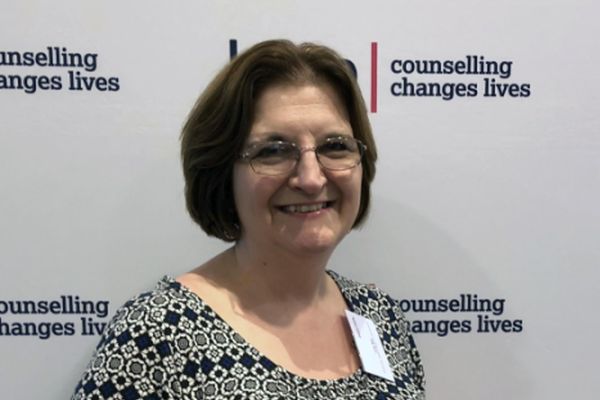Why do you think the framework is important?
I have watched the opportunities come and go for counselling and psychotherapy to play a more significant role in helping people. Despite our best efforts, they have not received the level of support and recognition that the public’s desire for our services would justify. One of the major obstacles has been our lack of a united front and coherent way of presenting ourselves across our different professional bodies and roles. This has been a gift to our critics and a major source of frustration to our supporters and allies. Our lack of unity and an easily understood way of presenting ourselves discredits us.
SCoPEd offers the best opportunity in my life time of remedying our incoherence as practitioners and presenting a more credible face to people who want to use or commission our services. It’s a considerable achievement of all the people who have worked so hard to get us to this point. Like many human endeavours, it may not be perfect and many of us may like some bits better than others but the totality of what is proposed is so much better than where we are now.
Do you support the aims of the framework?
I am a strong supporter of this framework. For the first time in my working life, it offers the possibility of a national framework within which each of us can be located and find our place. For private practice, it should help in how we present our professional background and qualifications to potential clients. Organisations providing counselling and psychotherapy will be better placed to compete for funding and communicate the type of service they aim to offer. For all of us working directly with clients there is the potential for career progression. For new entrants it becomes possible to join our profession at an appropriate point that matches that person’s qualifications and experience. Personally, I have been concerned to see that these developments are rooted in our professional ethics and I am pleased with how this commitment runs throughout SCoPEd. We will all be challenged in different ways by SCoPEd but we will be the stronger collectively and individually by rising to these challenges.
What is your understanding of how the framework will benefit members?
There has never been a time during my working life when talking therapies have been so urgently needed as a service offered to the whole population. The impact of coronavirus and the social disruption and isolation that follows in its wake has caused almost everyone heightened anxiety and increased the background stresses in everyday life. For some, there have been complex bereavements and previously unthinkable choices to be made. Others have been more intensely exposed to relational difficulties and some have lost any protection they might have had from abuse. Vulnerable people have often been separated from their social support. Coronavirus has not only produced serious illness for some, financial disruption for most, but also levels of emotional and relational difficulties for so many on a scale few of us will have seen before. Talking therapies and well-grounded listening is needed on an unprecedented scale. All this has happened at a time when the limitations of medication to support people through these challenges are increasingly recognised. This is the time for us to present ourselves and our services in the clearest and best organised way that we can.
There are some obstacles to the development of our services and profession that have frustrated us as therapists that we cannot control, like national economic policies and the eccentricities of different public initiatives, but how we present ourselves is firmly within our control. We should seize that control and move forward.
The reward for engaging with SCoPEd will be that counselling and psychotherapy will be better placed to compete for work with other providers on more equal terms.
Are there any aspects of the framework you’re concerned about?
As someone who is not the most technologically adept and prefers the breadth and depth of face to face dialogue in the physical world - a fancy way of saying that I am instinctively old school - I think the framework needs to adopt online communication more wholeheartedly than it does. For as long as coronavirus circulates, we will need to use virtual communications extensively for training and providing our services. This will require changes in how we train and work, just as it does for every other type of service between people.
My recent experience as a volunteer in a support group for cancer patients has convinced me that online working is every bit as meaningful and can go as deep as communications face to face. It is different, but any limitations are counterbalanced by ease of accessibility to a wider group of people. I have also learnt so much from training and being mentored in my changes to online working. I would like the working assumptions behind the framework to change towards treating online working as the equivalent to face to face in all respects. Both require appropriate training and skills but that is something that the framework can help to establish as our professional norm. Overall, I consider any disadvantages are outweighed by the advantages and opportunities offered by SCoPEd.
Read more...
Views expressed in this article are the views of the writer and not necessarily the views of BACP. Publication does not imply endorsement of the writer’s views. Reasonable care has been taken to avoid errors but no liability will be accepted for any errors that may occur.


